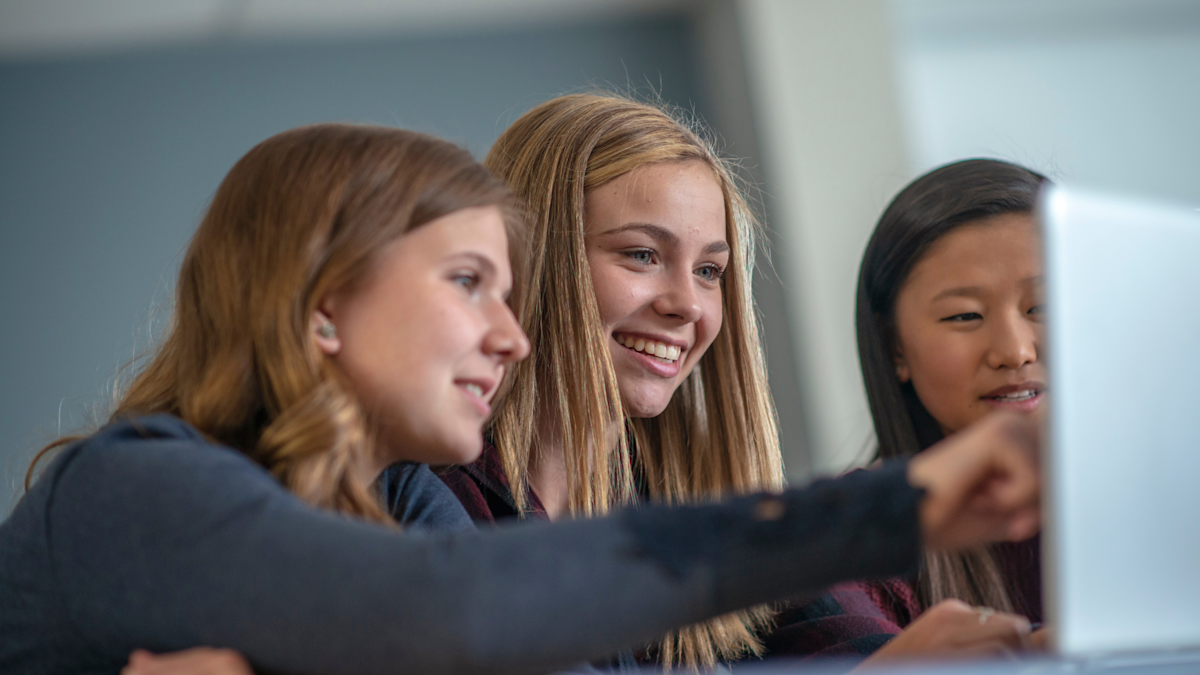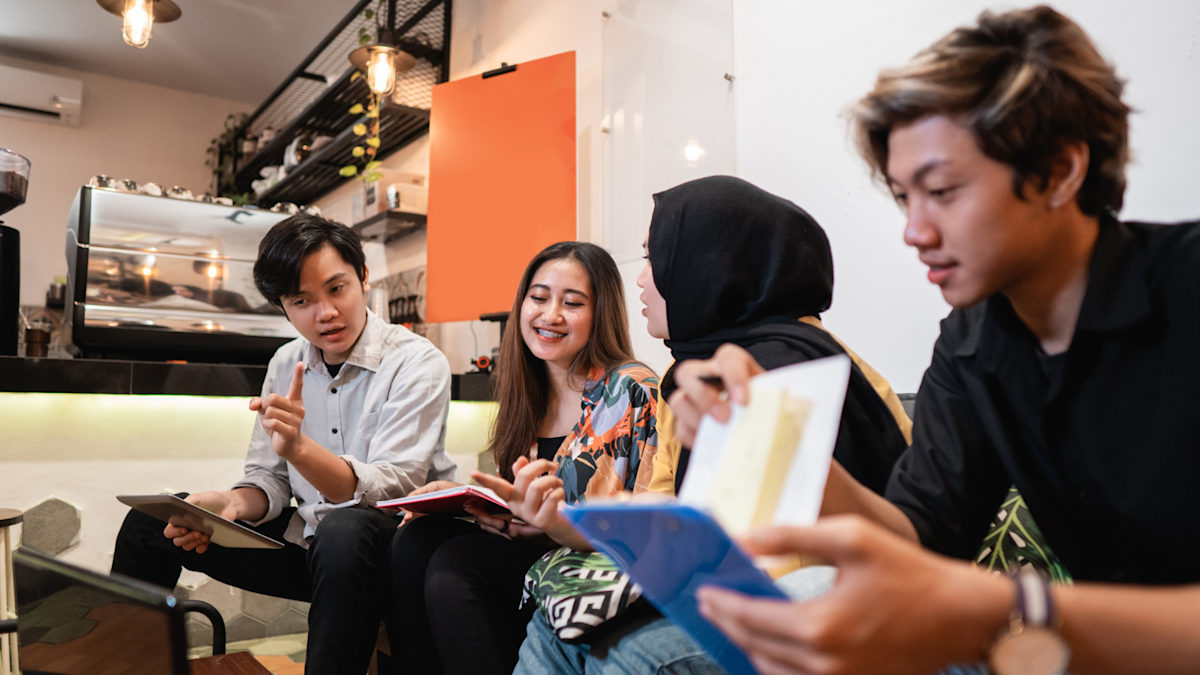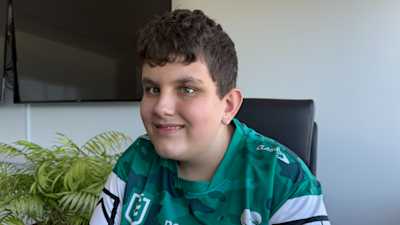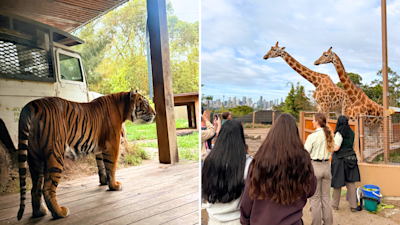"When we listen to those who have actually navigated the transition from care, we gain real insight into what works and what doesn’t." Dr Naomi Ryan, Research Fellow, Australian Institute of Family Studies.

Image: Three young people gathered around a computer, looking and gesturing towards the screen.
At Life Without Barriers, we understand the importance of listening to those with lived experience. One of the ways we do this is through our National Youth Advisory Groups (NYAG). These young people provide feedback on, and co-design, our services, helping to shape the care young people receive from us.
Recently, this commitment to centring young people’s perspectives extended beyond Life Without Barriers. Our NYAG members were invited to join workshops to share their experiences and ideas for change on the Transition to Independent Living Allowance (TILA), a one-off payment of up to $1,500 designed to support young people leaving care. These workshops formed part of the Australian Institute of Family Studies (AIFS) national review of the TILA, funded by the Department of Social Services.
Each workshop brought together 10 to 15 participants for up to 90 minutes of discussion, creating space for young people to reflect, share and build on one another’s ideas. The insights shared by the NYAG will be analysed by AIFS and provided to the Department of Social Services, ensuring recommendations are informed directly by lived experience.
Dr Naomi Ryan, Research Fellow at the Australian Institute of Family Studies, emphasised the importance of listening directly to young people as part of the review process.
"The voices and lived experiences of young people are at the heart of meaningful change," Dr Naomi Ryan said.
"When we listen to those who have actually navigated the transition from care, we gain real insight into what works and what doesn’t."
"Their perspectives are crucial in shaping policies that are relevant, effective and truly supportive."

Image: A group of young people gathered around a table covered with sheets of paper, engaged in a discussion.
The workshops asked participants to think critically about how the TILA could be improved to better support care leavers. One young person suggested shifting the focus from dollars to real needs.
"I think a better question is what do you need when you leave care compared to asking how much money do you need. It would be useful to do an assessment of how much basic items cost."
Another young person highlighted that transitions look different for everyone, saying, 'We can’t assume every young person is at the same stage at the same age.'
Accessibility was also raised as a key factor, as one participant reminded the group, 'Not everyone has the resources for technology, it is important to think about accessibility.'
Support networks were another theme touched on.
"Removing the need for a Case Worker doesn’t remove the option of having your Case Worker help you," they shared.
This perspective underscored the importance of flexibility and choice in how support is delivered.

Image: Four young people sit on a couch, holding books and devices whilst engaged in discussion.
The design of TILA is another real life example of how youth voices can be included safely and respectfully in shaping social policy.
"Involving our National Youth Advisory Group, which includes 15 young people from across Australia aged between 15-25 who have had a care experience, to participate in this evaluation further embeds our commitment to have young people influence ‘big boss’ decisions," said Anthony Raitman, Executive Director, Strategy and Risk, Child, Youth and Family.
The consultation generated practical solutions grounded in real experience, clearly demonstrating how collaboration leads to better outcomes for young people transitioning from care to independence.
Beyond the review, these workshops contributed to a growing body of evidence about how to meaningfully involve young people in policy design. Each discussion added to a bank of case studies showing what works when young people are given genuine opportunities to influence the systems that affect their lives.
Children have a right to be heard
Children and young people in out-of-home care have the right to have their voices heard and to participate in decisions that affect their lives. At Life Without Barriers, we know that listening to the voices of children and young people is an important part of creating an organisation that is safe for children. We are committed to empowering children and young people to be involved in decisions that affect them.
Learn more about how we hear from children and young people here.


